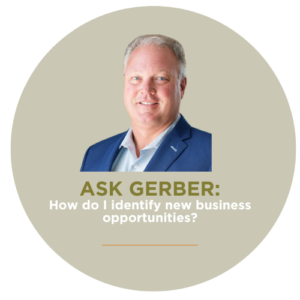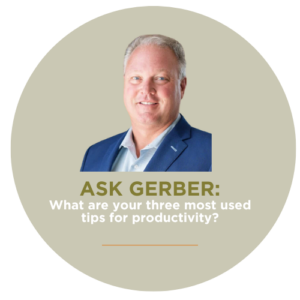
When Should I Hire A Chief People Officer?
Competition for A+ players is fierce. Engaged employees are often more productive, less likely to leave, and more driven to contribute to a company's goals.
If you're looking for someone to focus on human capital, your company may be ready to hire a Chief People Officer.
WHAT IS A CHEF PEOPLE OFFICER?
A Chief People Officer, or CPO, is a leadership role that has an all-encompassing view of the people's needs within the organization.
They are a member of the company's executive leadership team and oversee every aspect of the employee experience, from onboarding new hires to attractive and developing talent to building and retaining a good group of professionals.
While there are many similarities between an HR Manager and a Chief People Officer, there are also some significant differences:
- A CPO is responsible for the entire people relationship, while HR usually handles, benefits, payroll, and compliance
- A CPO focuses directly on people, culture, and workplace strategies, and HR centers on policies and processes
WHAT ARE THE RESPONSIBILITIES OF A CPO?
At times, the description of the CPO can seem vague. That's intentional. Every organization is different, so the work done by each CPO vary.
The duties of a CPO may include:
- Optimizing people-centered activities (Hiring, training, professional development, and performance management
- Developing a well-defined company culture
- Providing an exciting, candidate-driven recruiting experience
- Coordinating HR departments to ensure they're working together seamlessly
- Maximizing employee potential and shaping company values
- Getting the desirable ROI from your people
WHEN IS IT TIME TO HIRE A CPO?
Following two years of a global pandemic, employee satisfaction has never been more critical than it is right now. Companies are putting more focus on their culture, and that's why there's never been a better time to bring on a CPO.
Many smaller companies (under 100 people) start off without a CPO, which works for a while. However, as your company grows, other issues start to arise. Company culture can take on a life of its own, and it needs a designated person to handle it.
HOW DOES A CPO BENEFIT THE COMPANY?
A business is nothing without its people. Studies have shown that employee emotions affect productivity, and a CPO focuses on people and social-emotional competencies. CPOs are proactive rather than reactive and help attract and retain talented employees.
A CPO knows what the employees want, what the employers want, and how to meet in the middle.



